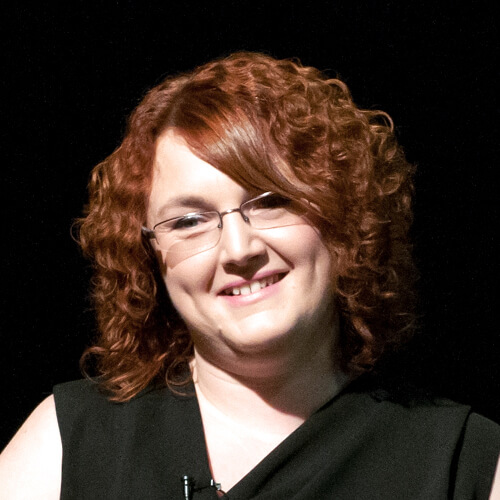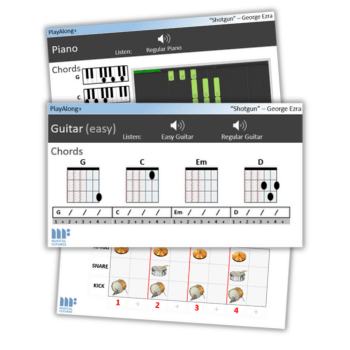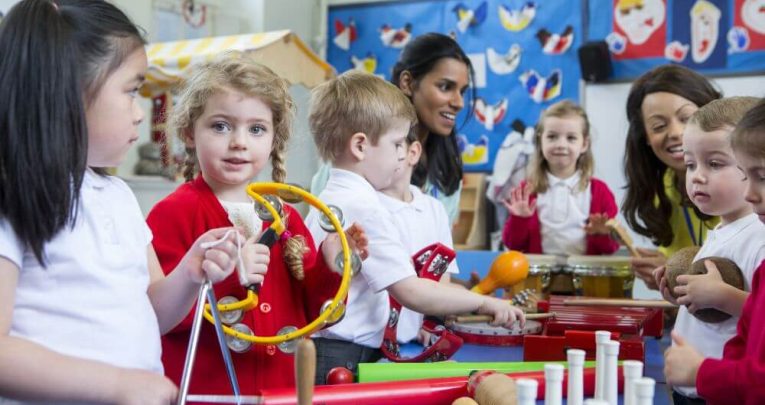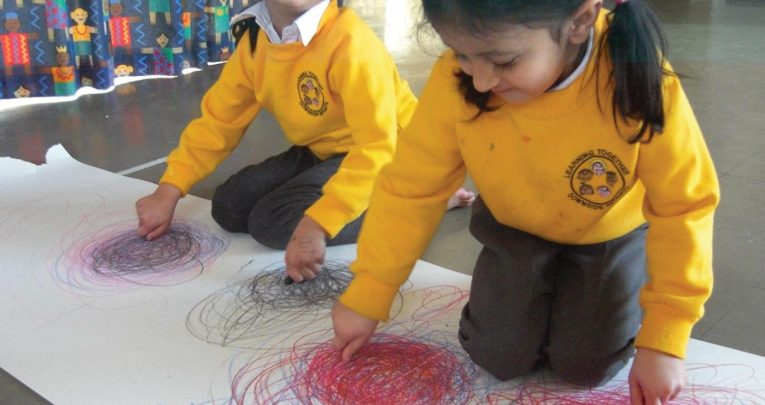Music CPD – three steps to effective and efficient training

A personalised approach and encouraging confidence go a long way in effective subject CPD, says Liz Stafford…

- by Dr Elizabeth Stafford
- Internationally recognised music education expert Visit website

Music is one of the main curriculum areas in which primary teachers report feeling least confident.
Sometimes this is because music, like subjects such as art and PE, is one where teachers feel that their lack of personal skill and experience means that they cannot teach it effectively.
However, I often also hear from teachers who are themselves accomplished musicians who feel that they ‘don’t know how’ to teach music.
You may find that you have both these types of teacher in your school. But that needn’t cause you an issue when you are planning CPD.
It just needs some thought before you launch in!
How to improve music CPD
As with all CPD and training, music requires a personalised approach to be truly effective.
There is nothing worse than sitting through an INSET session and thinking ‘What has this got to do with me?’.
Before organising any training, you should consult teachers on what they feel they need help with.
The school should then look to provide that instead of wasting time (and potentially budget) going over already-familiar ground.
It might be that the most appropriate approach could be a whole-staff INSET.
However, other approaches include team teaching, demonstration lessons, or providing reading materials, depending on individual teachers’ needs.
Music activities
Music, like all performing arts, is one of those subjects where you have to ‘put yourself out there’.
Often, it’s not a lack of skill or musical knowledge. It’s usually a simple case of low confidence that causes the most problems.
Fortunately, this is something that we as teachers all know how to fix, because we deal with this every day with our pupils!
We can plan training for under-confident teachers to contain easy-win activities early on. These will boost their confidence so that they can tackle the harder stuff later.
A top tip would be to probably not start with singing unless the staff have specifically requested this. A lot of adults have real hang-ups around singing out loud in front of other people!
Perhaps start with a body percussion activity. Or, if your staff are really petrified of practical music, you could begin with a listening activity. Then, all they have to do is talk about the music rather than practically participate in it.
Where teachers feel they are ‘not musical’ at all, I often like to start by asking them to bring in their favourite song and talk about why they like it.
This underlines the fact that that in the relationship between songwriter and audience, the audience’s opinion is most important. Regardless of whether they could write or perform the song themselves.
Music is written to be listened to by non-musicians!
Music building blocks
Where teachers consider their level of personal music skill or knowledge to be lacking, it’s important to tackle this first. Then you can move into how to teach.
After all, it is pretty much impossible to teach a concept successfully if you don’t understand it yourself. This is why I gave up teaching maths after my NQT year!
It can be worthwhile to start with the ‘interrelated dimensions of music’. You can go over the definitions and examples of the concepts of: pitch, duration, tempo, dynamics, texture, timbre, and structure.
This will give teachers a solid foundation of the building blocks of music. In turn, it will be easier to lead listening, performing, and composing activities in the classroom.
Depending on what your staff have identified as their areas of need, you might consider some instrumental or singing training. This will develop practical skills alongside that theoretical understanding.
You could even take this as far as having all the teachers sign up for a Grade-1-athon challenge. You could organise sponsorship for them to learn an instrument and take their Grade 1 exam.
This has the added advantage of being great PR for your school. It also gives you the chance to raise some money for your music budget!
Draw on existing skills
It’s important to remember, too, that teachers are professionals with high levels of relevant knowledge and skills, even if their musical ones are a bit patchy.
Just because they may not be music specialists, doesn’t mean that they should be treated as if they know nothing.
Music contains what appear to be some very specialist concepts, but these can be related to similar areas in other subjects to help teachers understand them.
For example, the development of music listening skills is a similar process to the development of reading comprehension. You can also liken the development of technical fluency on an instrument to the development of motor skill and hand-eye coordination in PE.
With music being a practical subject, however, sometimes the easiest way to explain something is to demonstrate it, which is where demonstration lessons and team teaching can be really useful CPD experiences.
Music CPD packages
If your school buys in a whole-class instrumental programme delivered by a specialist, this can be a great opportunity for CPD if you can arrange it so that the class teacher participates, rather than using it to cover their PPA.
Similarly, if you have one-off workshops, or participate in performance projects with your local music hub or national organisations, the opportunity to observe the specialist leadership of these sessions can be invaluable for teachers.
For subjects like music there is a real temptation to buy in an all-singing, all-dancing package. But often, the ‘training’ aspect is limited to how to use that resource.
This can be a good approach to get you started on your music improvement journey. However, it will only get you so far.
It is worth looking beyond this simplistic approach. Try strategies that empower teachers to develop their own musical skills and knowledge. This will allow them to take real ownership of the curriculum, and extend and transcend a resource-driven approach.
Ultimately your goal should be that every teacher feels confident to create and deliver their own lessons.
This may seem like a long way away now. However, you’d be surprised how quickly the judicious use of appropriate CPD can revolutionise music in your school!
6 great books about teaching music
- Mastering Primary Music by Ruth Atkinson (Bloomsbury, 2018)
This book aims to help teachers to plan and teach inspiring music lessons, through the use of case studies, reflective reading, and questioning.
- How to Teach Whole-Class Instrumental Lessons: 50 inspiring ideas by Kay Charlton (Collins Music, 2020)
A great book for anyone leading a whole-class instrumental programme, full of practical ideas to get your pupils playing with confidence.
- Teaching Primary Music by Alison Daubney (Sage, 2017)
This book gives really clear advice for teaching music, underpinned by research evidence explaining the why behind the how of music teaching.
- Children composing 4-14 by Joanna Glover (Routlege, 2000)
Composing is the most common area of concern for primary teachers, and this book focuses exclusively and in depth on this area of the curriculum.
- The Primary Music Leader’s Handbook by Dr Elizabeth Stafford (Collins Music, 2021)
This book for subject leaders covers all aspects of successfully leading music in your school, including ideas for supporting and upskilling non-specialist staff.
Dr Liz Stafford is the director of Music Education Solutions®, a global music education consultancy company, and Author of The Primary Music Leader’s Handbook published by HarperCollins. Follow Liz on Twitter @DrLizStafford










